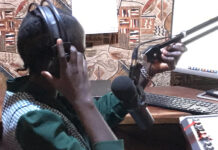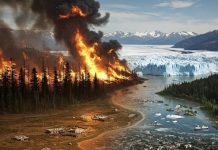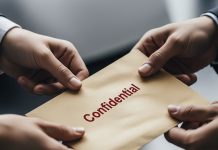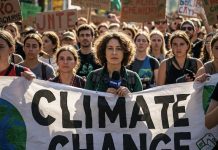Advanced
Our advanced section explores specialised topics for experienced journalists seeking to deepen their expertise. Develop your skills in data journalism, multimedia storytelling, investigative techniques, and complex narrative structures that elevate reporting to the next level. All our material is free to download, adapt and use. Scroll down our site map for all the content in this and other sections.
Presenting news content online
A journalist managing a news website is constantly involved in updating, refreshing and repositioning content in time with the evolving news flow.
Dealing with algorithmic bias in news
Journalists need to be trained in how to recognise and deal with algorithm bias in order to counter the speed and scale at which biased content spreads.
Editing audio for radio news
We edit audio when airtime is limited. Always consult your editor or producer on the required duration before starting any edits to ensure the item fits.
Planning a radio current affairs programme
Explore the difference between radio news and daily current affairs programmes, and learn how they work together to keep audiences fully informed.
A journalist must not have an agenda
Our role as journalists is to unearth information, prepare it and then display it for the benefit of the audience. We are not there to fabricate, manipulate or force.
Running an effective news meeting
Here we offer 50 suggestions for helping editors run stimulating news meetings that guarantee a steady stream of original stories.
Editing radio news bulletins
Radio bulletins offer concise updates on the latest news. They deliver key stories tailored to your listeners' interests in just a few minutes.
Covering climate change
Reporting on climate change presents journalists with major hurdles, as it's a topical, controversial subject rooted in complex scientific research.
Handling story leaks and tip-offs
A critical factor for journalists when handling and disseminating leaked material is the need to take account of the motives of the leaker.
Setting online news priorities
Modern news sites act as converged content factories, delivering information across all user devices through a streamlined, multi-platform digital newsroom.
Journalism and activism
Can a journalist also be an activist for a cause without compromising the core editorial values of journalism?
Creating a current affairs programme
In this article we look at the steps involved in creating a radio news and current affairs programme based on the needs of the target audience.
What is data journalism?
Data journalism, also known as data-driven journalism, is the process of finding, understanding, and processing information in order to produce news stories.
Beyond basic fact-checking
Fact-checking is a complex, evidence-based process which goes beyond simple verification, demanding critical thinking and contextual analysis.














